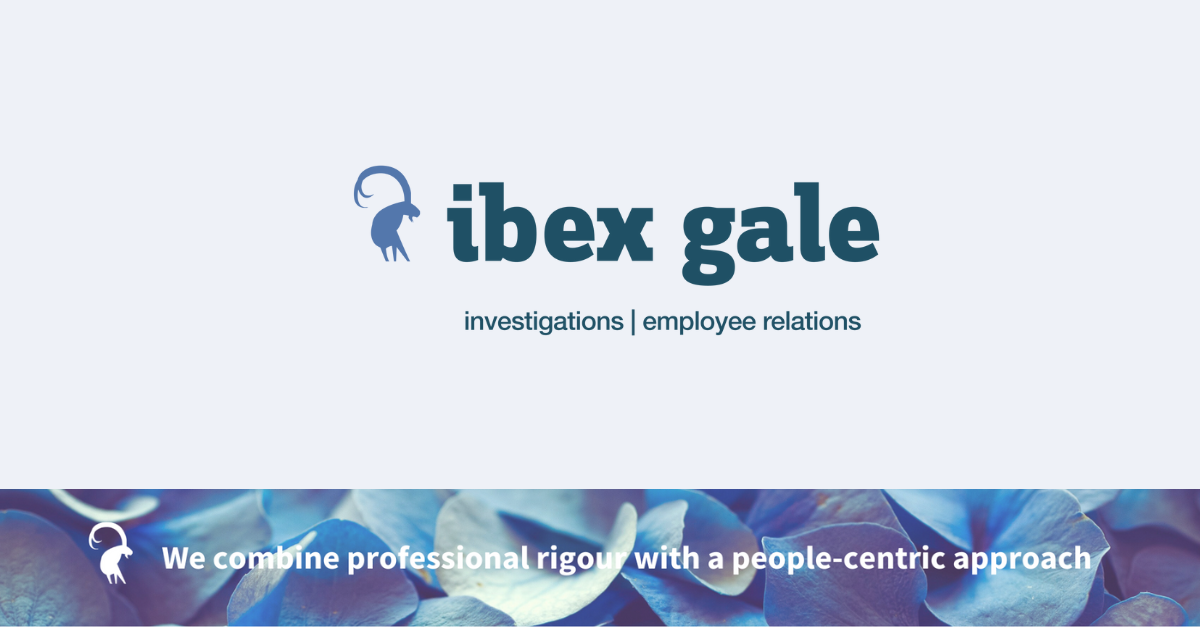Workplace investigations can address a whole host of issues including gross misconduct, harassment, discrimination and sexual misconduct and the outcome of investigations can have very significant implications for people’s careers. If the investigation is flawed, significant risks can arise, including legal liabilities, regulatory issues, reputational damage and workplace disharmony. At the heart of a workplace investigation process is a need to establish what happened, and the integrity of an investigation hinges on two fundamental principles: impartiality and objectivity. Where impartiality and objectivity are lacking, or perceived to be lacking, questions will be asked about the fairness and reliability of the investigation and any findings and conclusions reached.
Impartiality and Objectivity
To be impartial and objective, an investigator must approach an investigation with an open mind, with no personal or professional interest in specific findings being made or a particular outcome being reached. To be truly impartial and objective, an investigator must be able to operate without any influence or bias arising from relationships with the parties involved, organisational hierarchical dynamics, or external pressures.
An impartial investigator collates evidence and assesses it all objectively, without favouring any party, without seeing things through an organisational lens, recognising any power imbalances which may exist, and without allowing any personal beliefs or biases to affect their judgement. Influences such as these, whether actual or perceived, can damage the credibility of the findings reached and can lead to the investigation and its outcome being challenged.
This level of impartiality is essential for ensuring that a fair outcome is reached and to maintain the trust of all those involved. If a party to an investigation perceives an investigator to lack impartiality and objectivity, they will lose trust in the process and feel they are being treated unfairly, which is likely to exacerbate an already difficult situation. When individuals can see that an investigation is being handled impartially and professionally, in a compassionate, empathetic and psychologically safe way, and with no conflict of interest, they become more confident and trusting in the process. This in turn leads to increased engagement and openness in their communication, which can improve the quality of the evidence obtained and enhance the quality findings which are reached.
Building a Culture of Trust
Impartiality and objectivity in workplace investigations contributes to a workplace culture of trust and accountability. Employees who feel confident that issues will be investigated fairly are more likely to report concerns, knowing that they will be listened to without fear of retaliation or negative treatment. Organisations that prioritise these principles in their workplace investigations demonstrate their commitment to fairness and transparency, helping to maintain a positive, respectful and productive work environment.
Impartiality and objectivity in workplace investigations are fundamental to credible and effective investigations. At ibex gale we combine professional rigour with a people-centric approach to deliver impartial and objective investigations with the aim of helping organisations to create and maintain outstanding workplace cultures where people can flourish.
If you would like to discuss how we could support your organisation in a workplace investigation, please do not hesitate to get in touch: contactus@ibexgale.com
Author: Ruth Clacey-Roberts, Head of Quality Assurance & Client Experience




